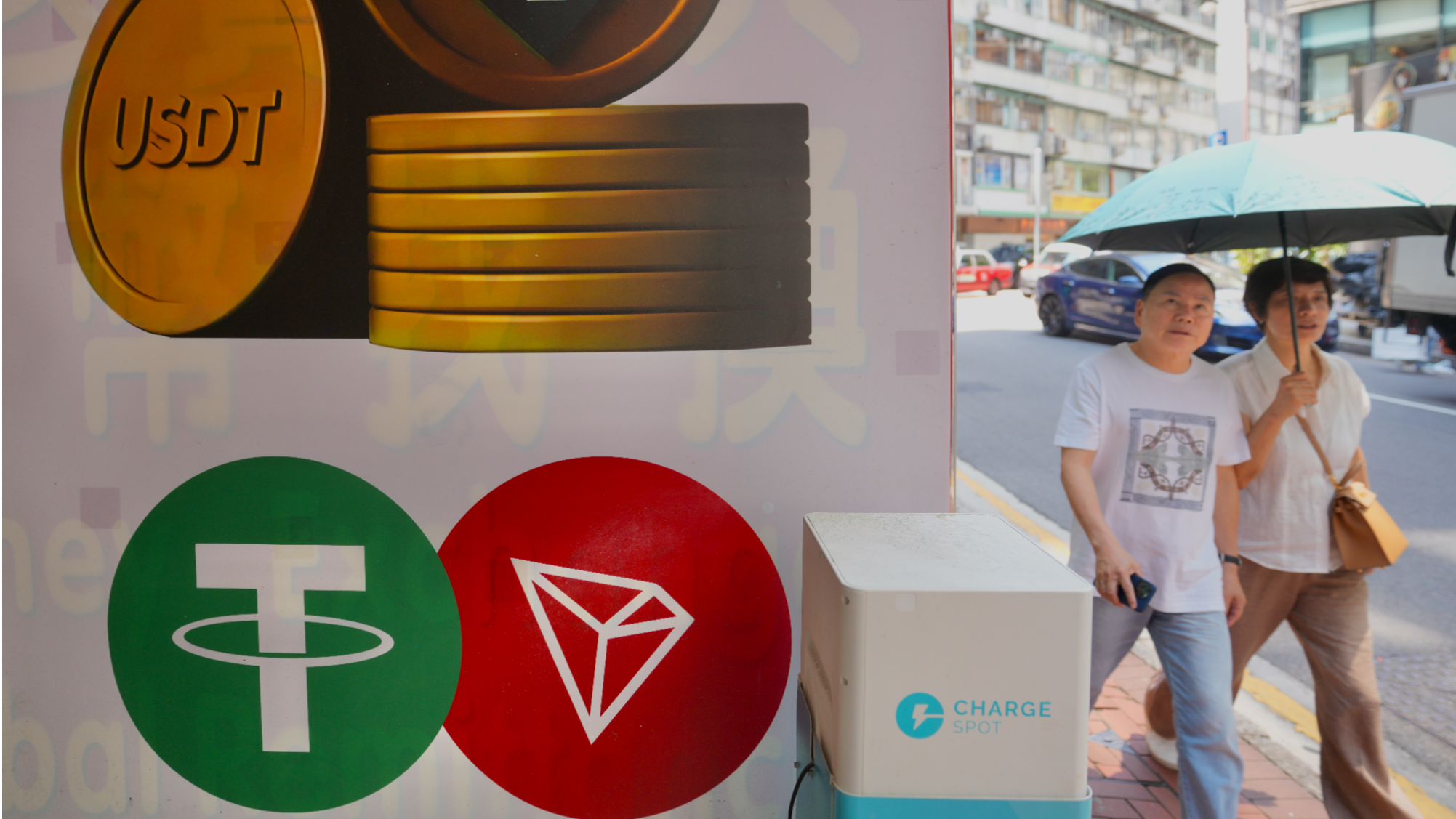
Hong Kong’s move to establish a regulatory framework for stablecoin is a significant step in its efforts to build a virtual asset ecosystem, and is expected to inject fresh momentum into the city’s well-developed financial strengths by encouraging more traditional financial institutions to embrace the emerging sector, industry insiders told China Daily on Friday as the Stablecoins Ordinance came into effect.
The legislation introduces a licensing mechanism for stablecoin issuance requiring that any individual or entity issuing fiat-backed stablecoins in Hong Kong — or those pegged to the Hong Kong dollar (HKD), regardless of where they are issued — must secure a license from the Hong Kong Monetary Authority (HKMA).
For issuers already operating in the city, a six-month grace period has been granted to help them better comply with new rules. The first batch of licenses, according to the HKMA, is expected to be issued in early 2026.
READ MORE: Hong Kong Monetary Authority sets bar high for stablecoin issuers
The ordinance has sparked interest from technology and financial institutions globally. Reports suggest that over 50 firms, including industry leaders, have announced plans to issue approved stablecoin in Hong Kong. Anticipation surrounding the cryptocurrency has driven up the stock prices of related companies.
Robert Lui Chi-wang, digital asset leader for Hong Kong at Deloitte China, said the growth of the stablecoin sector could catalyze the transformation of traditional financial institutions. “A lot of the banks are checking whether it is feasible to issue (their own) stablecoin in the long run,” or to develop innovative custody services for stablecoin issuers, he said.
The trend is not limited to banks. Insurance companies, custodians, and other traditional financial institutions will be encouraged to expand their operations into stablecoin and the whole virtual asset field, Lui said, describing the transformation a “massive step” for the industry.
Fujian province-based Industrial Bank, for instance, included “the exploration of stablecoin” as part of its digitalization strategy during a mid-year meeting in late July. Moreover, Hong Kong brokerage TF International Securities has expressed interest in seeking partners to jointly enter the stablecoin business, after it gained approval from the Securities and Futures Commission (SFC) to provide digital asset trading and custody services for investors.
Lui said Hong Kong’s recent moves suggest that more financial products in the virtual asset sector, such as tokenized real-world assets, are likely to be introduced in the future, enhancing the city’s ecosystem. Stablecoin, with its ability to maintain value stability by pegging to fiat currencies, is expected to play the role of “payment channel” in this ecosystem, he added.
Ray Chan Chin-ching, CEO of digital asset company MemeStrategy, echoes this view, likening stablecoin to the “fuel” driving the growth of emerging financial industries and an “essential component” for creating innovative financial products.
Hong Kong’s regulatory approach aims to balance oversight with flexibility, as the ordinance allows qualified institutions from various sectors, both domestic and international, to apply for licenses, he added.
At a press conference hosted by the Hong Kong Web3.0 Standardization Association, Duncan Chiu, a Hong Kong lawmaker, said that the Stablecoins Ordinance represents a critical step in aligning Hong Kong with global trends in the digital economy. Its major goal, he said, is to establish a safe, innovative, and orderly stablecoin ecosystem.
READ MORE: Hong Kong’s stablecoin bet is a smart play for the future of finance
“The global stablecoin market has seen rapid growth in recent years. By introducing a licensing mechanism, Hong Kong has established itself as a leader in digital asset regulation, which will attract high-quality institutions and enterprises to Hong Kong,” Chiu said.
The ordinance is part of a comprehensive regulatory roadmap by Hong Kong to strengthen its position as a virtual asset hub, industry players said. In 2023, the city introduced a licensing framework for virtual asset trading platforms, with 11 platforms licensed so far and nine applications reportedly under review.
Following the implementation of stablecoin legislation, Hong Kong is now working on regulations for over-the-counter virtual asset trading and custody services. In late June, the Financial Services and the Treasury Bureau and the SFC launched a two-month public consultation on establishing a licensing framework for providers of digital asset trading and custody services.
Contact the writer at irisli@chinadailyhk.com


